The potential of drone technology in transforming various sectors is being increasingly recognized worldwide, and Africa is no exception. One area where drones are making a significant impact is in sustainable agriculture. Women, who play a crucial role in African agriculture, are embracing this technology to increase crop yields, monitor land use, and address climate change-related challenges. In this blog post, we will delve into the inspiring story of Khadija Ali, a Tanzanian woman drone pilot who is leading the charge in incorporating drone technology into African agriculture.
Khadija Ali’s Journey
Born and raised in Tanzania, Khadija Ali was encouraged by her family to pursue education and extracurricular activities. She excelled in both academics and sports, leading her to study computer science at the high school level. Her passion for coding earned her the nickname “Khadija code,” and she eventually completed her bachelor’s degree in Information Technology. Currently, Khadija is pursuing a Master’s degree in the same field.
Her work in Geospatial technologies, both software and hardware, led her to be known as the “queen of drones” due to her professional skills in drone management and field experience in different countries. She has worked on various projects involving drone applications in agriculture, mining, land survey, land conflict resolution, and drone delivery.
Drones in African Agriculture
The use of drones in African agriculture has the potential to revolutionize the way crops are monitored, leading to higher crop yields and better land use management. They can provide high-resolution images that can help farmers identify issues such as disease, pests, and inadequate irrigation, allowing them to address these problems more effectively.
Moreover, drones can help address climate change-related challenges by providing accurate data on land use and vegetation cover. They can help monitor deforestation, soil degradation, and loss of biodiversity, allowing for better decision-making and planning for sustainable development.
Challenges and Pitfalls
While the potential for drones in African agriculture is immense, there are challenges and pitfalls that need to be considered. One challenge is the need for proper training and education for drone pilots, ensuring that they are familiar with local regulations, security, and cultural norms. Additionally, governments need to provide flexible policies and regulations that allow drone pilots to operate without excessive bureaucratic hurdles.
For women drone pilots in Africa, establishing a strong platform or network is essential. This can help female pilots share work experiences, opportunities, and support each other in their professional growth. By doing so, they can ensure that their skills and expertise are recognized and valued in the drone industry.
Khadija Ali’s Recommendations
For those interested in starting a career in drone piloting, Khadija recommends various software and equipment that are suitable for the Tanzanian context. Software options include 3Dsurvey Pilot, Pix4DCapture, SmartFlight, and DroneDeploy. As for equipment, Phantom 4Pro, Mavic2 Pro, and Mavic 3 multispectral are recommended.
Additionally, she emphasizes the importance of using social media professionally and joining innovation hubs, clubs, and tech networks to find technical and financial support from mentors.
Conclusion
The story of Khadija Ali is a testament to the power of perseverance, education, and technology. As drone technology continues to develop and expand its reach in Africa, women like Khadija are at the forefront, ensuring that their communities can benefit from this innovative technology. By providing support and resources to women drone pilots, we can help pave the way for a more sustainable and prosperous African agricultural landscape.
To connect with Khadija you can visit her LinkedIn page here: https://www.linkedin.com/in/khadija-abdulla-ali-56b4044a/

